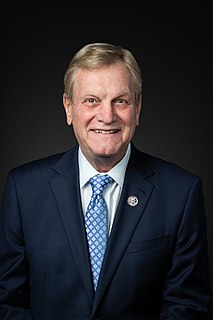A Quote by Winnie Byanyima
The Paris Agreement threw people of the world a lifeline, and the United States played a vital role in getting us there, not least by working closely with China to clear the decks to a global deal.
Related Quotes
I would distinguish between Donald Trump and the United States of America. Although he is president, he does not speak for the country on the climate change, and that was vividly illustrated in the aftermath of his speech pulling the US out of the Paris Agreement. Almost immediately, not only did the rest of the world double down on its commitments, but also here in this country, governors, mayors, business leaders, they said, we're still in the Paris Agreement, and they're doubling down. A lot of cities have now made a decision to go 100% renewable energy.
It is truly vital for the United States to assure that it is not attacked with weapons of mass destruction; to prevent wars in other countries from spreading onto American soil; and to maintain access to global sea lanes on which our economy depends. Beyond that, there is little or nothing in the world that should draw the United States to war.
The vast Pacific Ocean has ample space for China and the United States. We welcome a constructive role by the United States in promoting peace, stability and prosperity in the region. We also hope that the United States will fully respect and accommodate the major interests and legitimate concerns of Asia-Pacific countries.
There is a sense in which the United States ambassador speaks to the United States, as well as for the United States. I have always seen my role as a thermostat rather than a thermometer. So I'm going to be actively working... for my own concerns. I have always had people advise me on what to say, but never on what not to say.
































